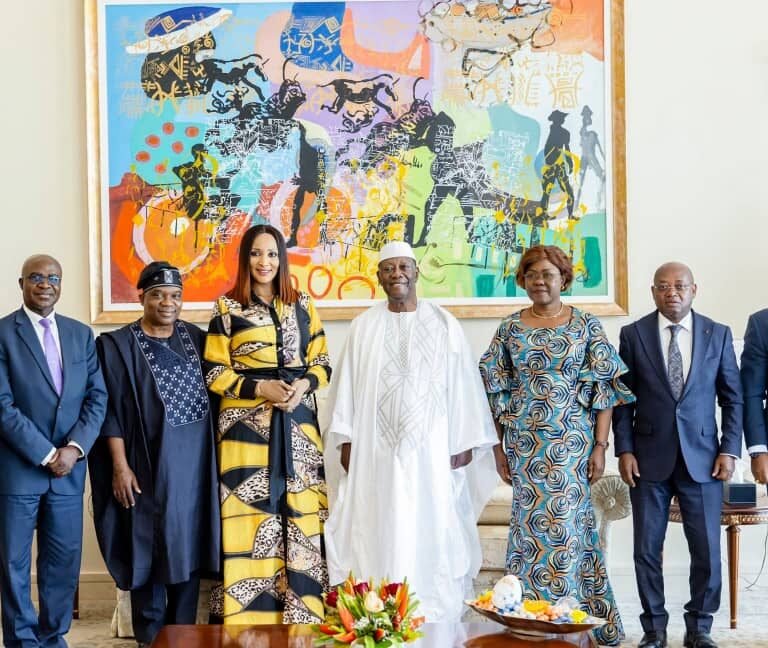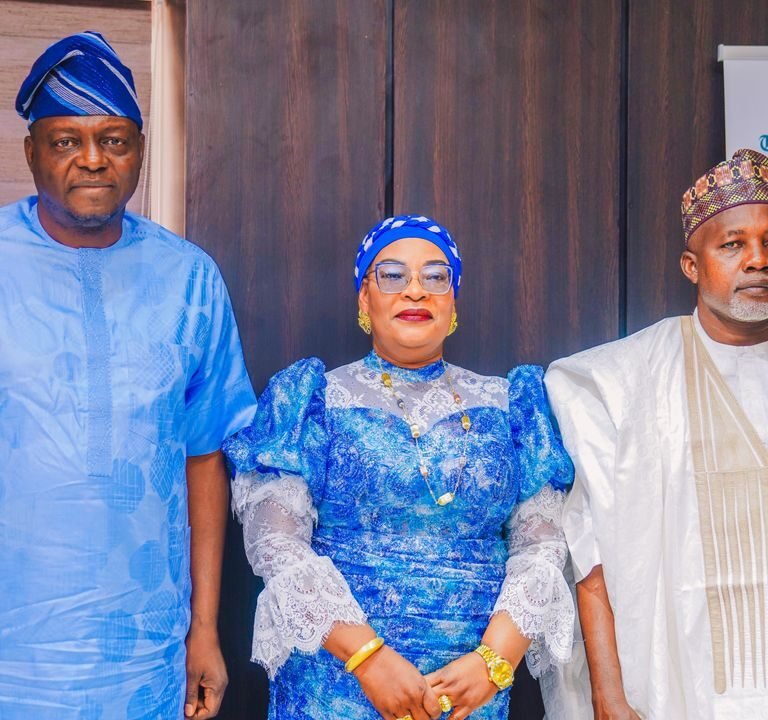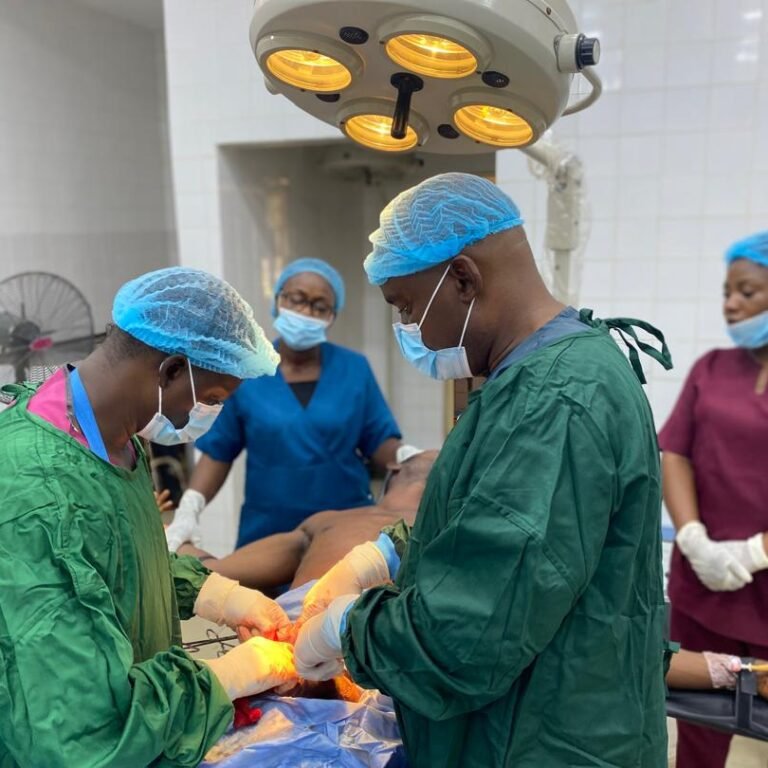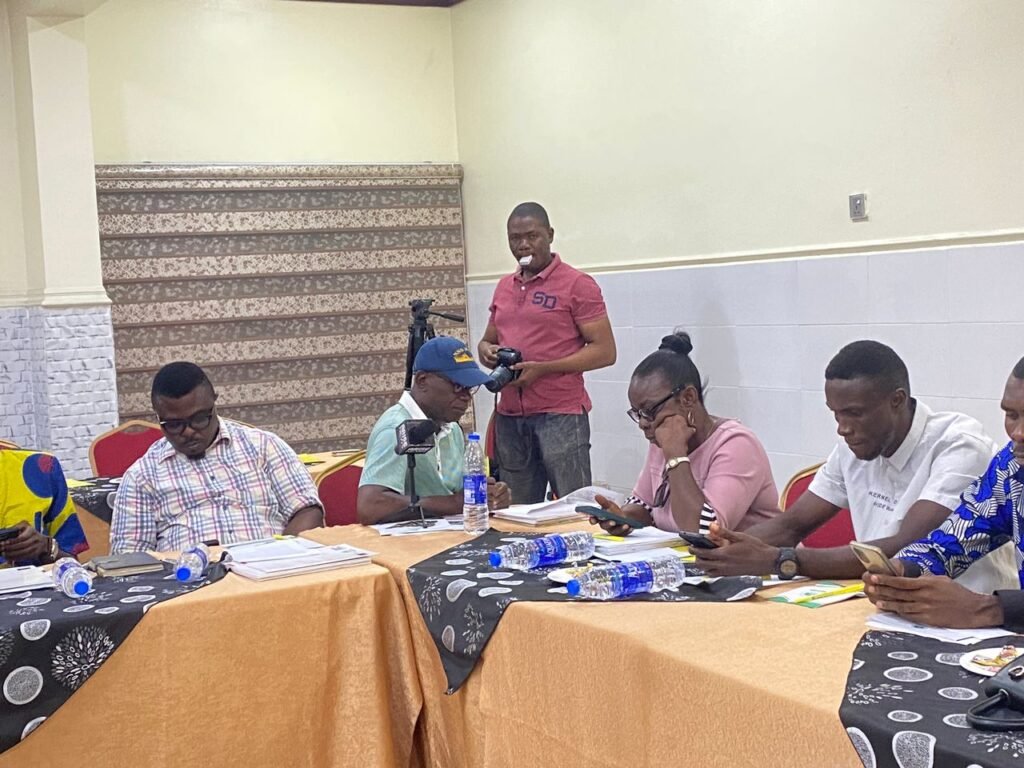
By Media360impact June 12, 2025
In a bold move to challenge systemic secrecy and corruption in Nigeria’s defence and security architecture, civil society organisations have issued a resounding call for reform following a two-day capacity building workshop held in Port Harcourt, Rivers State.
Organised by the Civil Society Legislative Advocacy Centre (CISLAC)/Transparency International Nigeria (TI-Nigeria), in partnership with the Transparency International – Defence and Security Programme and with support from the Ministry of Foreign Affairs of the Netherlands, the event brought together stakeholders across civil society, media, community networks, and security institutions. The initiative forms part of a broader project titled “Protecting Human Security by Tackling the Vicious Cycle of Corruption.”
Held on June 10–11, 2025, at Visa Karena Hotel, the workshop aimed to enhance civil society’s ability to access and analyses financial, procurement, gender, and operational information related to Nigeria’s defense and security sector areas long shrouded in opacity.
A Sector in Crisis
During robust thematic discussions and expert presentations, participants dissected Nigeria’s deteriorating defence integrity, identifying excessive secrecy, inflated contracts, phantom projects, inter-agency rivalry, and political interference as critical enablers of corruption. Nigeria’s poor ranking on the Transparency International Defence Integrity Index was cited as a stark warning sign of entrenched misgovernance.
Executive Director of CISLAC/TI-Nigeria, Auwal Ibrahim Musa (Rafsanjani), in his opening remarks, underscored the urgent need to “break the cycle of impunity and institutional secrecy that continues to undermine national security and human rights.”
Attendees pointed to glaring gaps in oversight, especially within sub-national governments’ use of security votes and the lack of transparency in military commercial ventures, which have contributed to both inefficiency and mistrust among civilians.
Civil Society’s Action Plan
The communique issued at the workshop’s conclusion outlines an ambitious advocacy roadmap. Key recommendations include:
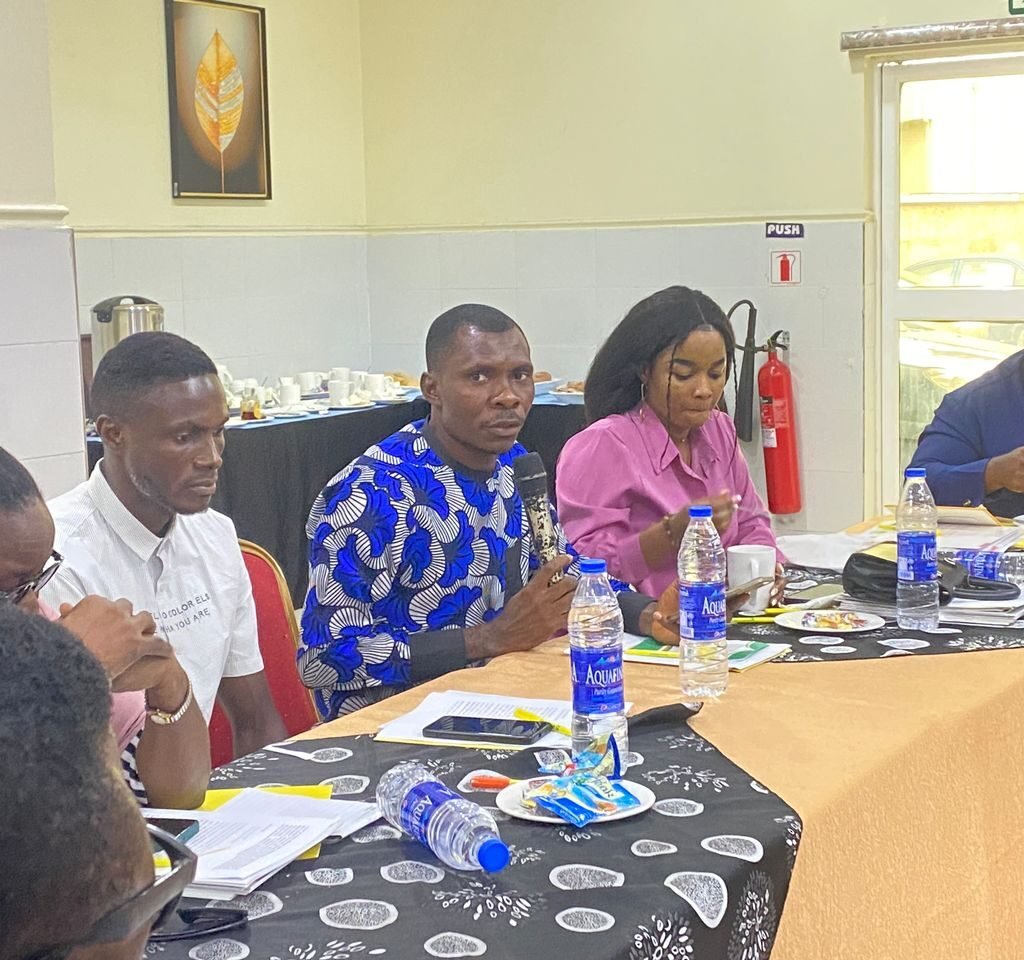
Legal Reform: Immediate amendment of restrictive laws like the Official Secrets Act and conflicting provisions in procurement legislation to align with the Freedom of Information Act.
Whistleblower Protections: Enactment and enforcement of comprehensive whistleblower protection laws and establishment of secure, anonymous reporting channels within the defence sector.
Gender Equity: Promotion of gender mainstreaming in defence leadership and decision-making to close representation gaps and promote inclusive policy-making.
Technology and Transparency: Computerisation of payment systems, audit mechanisms for military commercial operations, and improved data management for accountability.
Collaborative Oversight: Strengthening alliances among civil society, media, and oversight institutions such as the National Assembly and the Office of the Auditor General to monitor defence procurement and spending.
Public Engagement: Sustained advocacy and agenda-setting on high-profile corruption cases to ensure accountability and judicial follow-through.
Participants also recommended that civil society organisations focus beyond capital procurements and extend their advocacy to include logistics, maintenance, ICT, arms control, and personnel welfare.
A Turning Point?
With Nigeria’s defence and security sector consuming vast public resources while delivering underwhelming results, this workshop signals a critical moment in the fight for transparency and accountability.
By equipping civil society with the tools to engage effectively and demand reform, organisers hope to ignite a wave of civic oversight that could transform a sector long plagued by impunity.
“This is not just about corruption,” said James Obiaeri Francis of Action for Youth Participation. “It’s about securing lives, protecting rights, and ensuring that every naira spent on security actually serves the people.”
The communique was co-signed by key civil society leaders, including Rafsanjani of CISLAC/TI-Nigeria, Nkiruka Joy Emeruwa of the Centre for Environment and Community Security, and James Obiaeri Francis.
Whether these recommendations lead to concrete reforms remains to be seen. But civil society’s unified voice is louder than ever and it’s calling for change.





